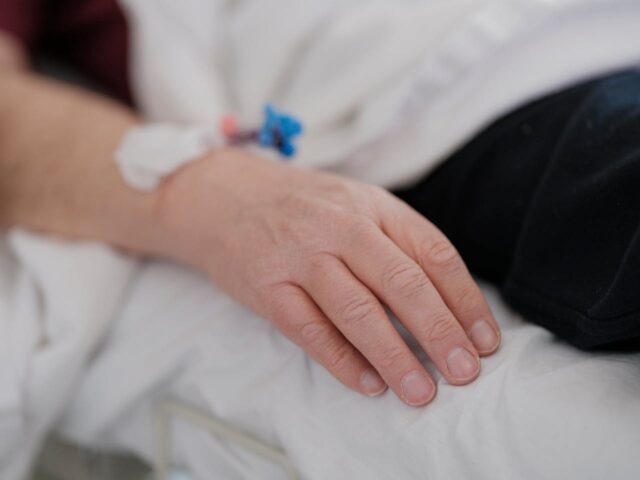 Two years ago, America realized the seriousness of the Ebola outbreak. During this time, one hospital in Dallas, Texas received much criticism for not recognizing the basic symptoms of the virus during the widespread scare.
Two years ago, America realized the seriousness of the Ebola outbreak. During this time, one hospital in Dallas, Texas received much criticism for not recognizing the basic symptoms of the virus during the widespread scare.
The patient arrived at the Texas emergency room running a fever. After explicitly telling the nurse he had recently returned from West Africa, the region with the highest number of Ebola cases, the doctor sent him home with a basic antibiotic. Several days later, the patient returned and died at the hospital.
What this case really brought to light was the fact that pursuing legal action against medical professionals in Texas often requires explicit proof of a higher level of negligence than in most other states. Clearly the hospital and its medical professionals dropped a pretty big ball, but it raises the question of whether dropping the ball creates liability in Texas.
What is Willful and Wanton Negligence in Texas?
In 2003, the state of Texas underwent reforms that stated a claimant must prove a “willful and wanton negligence” was present while they received emergency medical care. This suggests Texas courts require a higher degree of medical negligence in order to receive any form of compensation when medical professionals make mistakes.
Moreover, if a wrongful death claim is made due to medical malpractice, the person filing the claim would need to prove the patient would not have died anyway, had the diagnosis or procedure not been botched. In our patient’s case, Ebola is already a deadly virus and the person filing the claim on the patient’s behalf would have needed to show the virus would not have killed him in the first place. This would be a serious problem for the Ebola patient’s family members in court.
Additionally, had the patient spread the virus, the newly infected victims would need to have proven they contracted the virus only after the hospital initially released the original patient on top of willful and wanton negligence. Again, this is a difficult thing to prove.
Texas Standards for Medical Malpractice May Allow Doctors to Shirk Responsibility
While a medical malpractice suit is a complex matter in any state, Texas laws have made it especially difficult for patients to receive compensation for additional injuries or grievances caused by the mistakes made by doctors. The ability to file medical malpractice claims forces doctors and hospitals to be held responsible for their negligence. Making it more difficult to file these claims may be allowing Texas doctors to avoid responsibility for causing their patients harm. Texas needs to reconsider its willful and wanton negligence laws.
The Law Offices of Aaron Allison is a personal injury firm that helps victims of medical malpractice or other accidents in the Austin area.





